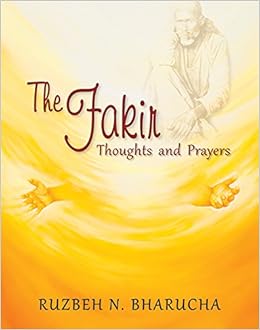
Bharucha’s entry into the world of books began with a miscommunication. Having been the editor of a liquor magazine, he was asked by his publisher to write a book on spirits. But Bharucha understood it to mean the afterlife, with all its paranormal imagery. It was only a few minutes later, when the topic of hangovers was broached, that they both realised what had happened. The publisher eventually saw value in Bharucha’s version of the book, and they both decided to play along with the cosmic joke. Festo fluidsim full version download.
That’s how The Last Marathon came to be. And although the author has also written on the psychological and emotional trauma of juvenile delinquents, of mothers in prisons, and on the demolition of the Yamuna Pushta settlement, he has not been able to kick his spiritual habit. As a child, Bharucha’s mischievous demeanour worried his parents. They would take him to psychics, sadhus and fakirs in a bid to understand his problems and how they could be overcome. These interactions came in handy when he wrote his first book.
Ruzbeh N Bharucha set to release his next book Fakir: The. Fakir Ruzbeh Bharucha.pdf Free Download Here This was the turning point in the life of Ruzbeh.
While writing it, he realised that the whole enterprise had a deeper meaning to it, that he had been put on earth to be of “some assistance to the rest of creation”. The author likes to think of himself as a “medium” – an intermediary between the powers up there, and his readers. His fictional Fakir trilogy was written with this in mind, as was his latest book The Aum of All Things, brought out by Full Circle Publishing. It is a record of the time spent by the author with the hermit Dashrathbhai Atmaramdas Patel, fondly called Bapuji, and Sushma Wazirchand Tandon, or Mataji. Their conversations on creation, the “first 108 seed souls”, life after death and spirituality forms the crux of the book.
“The word Aum doesn’t belong to any religion. Aum is the sigh of the cosmos. Where the silence is most profound, one hears Aum. It goes beyond religion.
The Bible says first there was The Word. That primordial word I believe to be Aum,” says Bharucha, explaining the title. Although a Zoroastrian, the author’s philosophy outlines the boundaries of organised religion. Calling it a book on oneness, the author says, “I believe in oneness. For me spirituality has nothing to do with traditional forms of worship.
Spirituality is beyond religion, it goes to the source. It explores the godhood in each one of us.” The essence of spirituality can exist, therefore, even in actions that are frowned upon by religion and the religious. “Suppose if I am very angry, and I am going to scream my head off at someone who doesn’t deserve it, and in that moment, if I light up a smoke, then trust me, that smoking has an essence of spirituality because it has allowed me to behave in a more dignified manner. It is a spiritual act then.”.